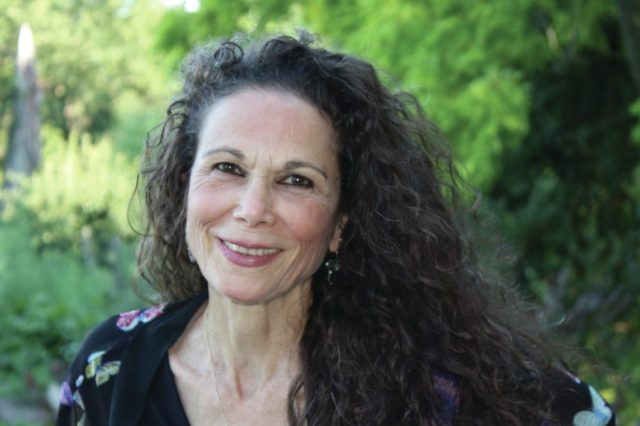Digital Edition
The art of activism
Author Julia Alvarez blends faith, culture, and activism
Who am I going to be anymore? Antonia had asked. . . . No longer a teacher at the college, no longer volunteering and serving on half a dozen boards, no longer in the thick of the writing whirl—she has withdrawn from every narrative, including the ones she makes up for sale. Who am I? the plaintive cry.
Toward the conclusion of Afterlife (Algonquin Books), a 2020 novel by Vermont-based novelist and poet Julia Alvarez, Antonia Vega, the book’s protagonist, reflects on a number of what might be termed “end of life” issues. Throughout the story, the college teacher and writer struggles to add meaning and purpose to her days as she copes with a series of losses: widowhood, retirement, and the disappearance of a family member.
Readers of a certain vintage can readily sympathize with Antonia’s outlook as she adjusts to her reduced circumstances. As Alvarez writes:
[Antonia] has continued to think a lot about the afterlife, especially in the absence of any sign from [her deceased husband,] Sam. What, if anything, does it mean? An afterlife? All she has come up with is that the only way not to let the people she loves die forever is to embody what she loved about them. Otherwise the world is indeed depleted.
Perhaps it’s no surprise that a writer with an extensive body of novels, poetry, essays, and children’s stories would use this world-weary protagonist to ponder these “what’s in store” questions as she enters the autumn of her years.


